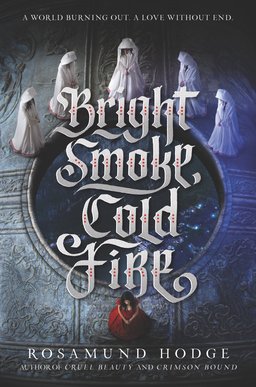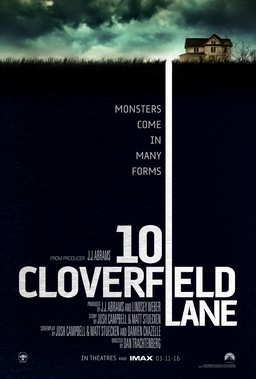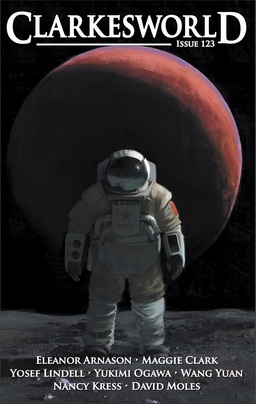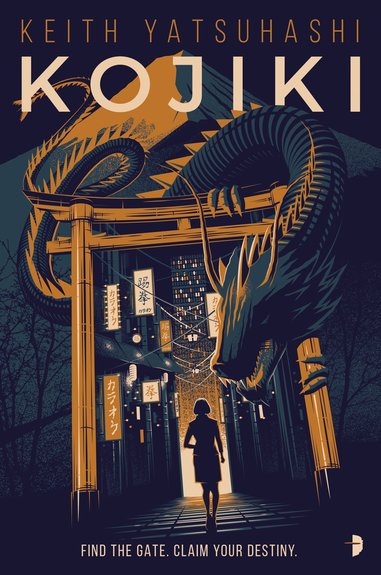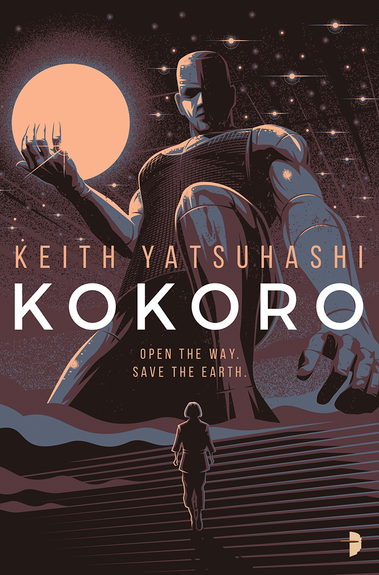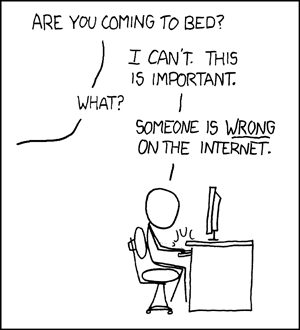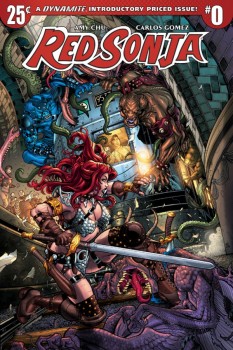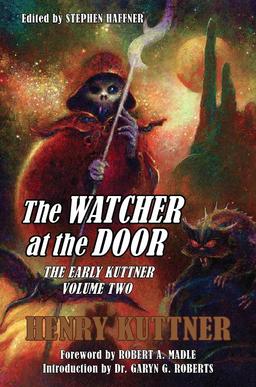Fantasia 2016, Day 19: Critiques of Cartesian Dualism, Plus an Elk (Embers, L’Élan, We Are the Flesh)
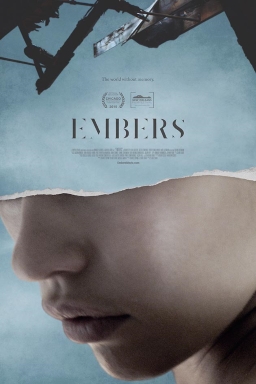 By Monday, August 1, the end of the 2016 Fantasia Film Festival was in sight. Two more days, and it’d be over for another year. Bearing that in mind I was determined to pass by the Festival’s screening room and catch up with some films I’d missed earlier in the festival. First, though, I was headed to the De Séve Theatre for a showing of the American-Polish science-fiction movie Embers, about a world struck by a plague of forgetting. After that I’d go to the screening room, where I’d watch the French absurdist comedy L’Élan and the Mexican horror-fantasy We Are the Flesh (Tenemos la carne).
By Monday, August 1, the end of the 2016 Fantasia Film Festival was in sight. Two more days, and it’d be over for another year. Bearing that in mind I was determined to pass by the Festival’s screening room and catch up with some films I’d missed earlier in the festival. First, though, I was headed to the De Séve Theatre for a showing of the American-Polish science-fiction movie Embers, about a world struck by a plague of forgetting. After that I’d go to the screening room, where I’d watch the French absurdist comedy L’Élan and the Mexican horror-fantasy We Are the Flesh (Tenemos la carne).
A short film called “Event Horizon” played before Embers. Directed and written by Josépha Celestin, it’s a sweet but slow film about a young girl (Kate McLaughlin) in 1997 with a desire to explore, and a black hole that appears not far from her home in a Scottish village. Other youths aren’t as idealistic as she is, providing some tension to the piece. It’s an understated story, for good or ill, with striking cinematography. It’s remarkable for doing something character-based with a distinctly science-fictional premise.
Embers is the first feature film from director Claire Carré, with a script by Carré and Charles Spano. It gives us a future in which the world’s afflicted by a mysterious global plague robbing its victims of their short-term memories. The plague struck ten years before the film begins, and seems to have infected virtually everyone. Embers follows several different plot strands — some of which overlap and some of which do not — in the decayed world that has resulted. Time having passed since I saw Embers at Fantasia, I will note that it’s now on Netflix in Canada and the US; and I will say at once that anyone looking for a cerebral yet character-centred science-fiction film should see this movie. Well-crafted and elliptical, it avoids presenting easy answers or obvious genre structural strategies while being science-fiction in the most profound sense, using a nominally technologically-based shift in the world to raise questions about identity and human nature.

